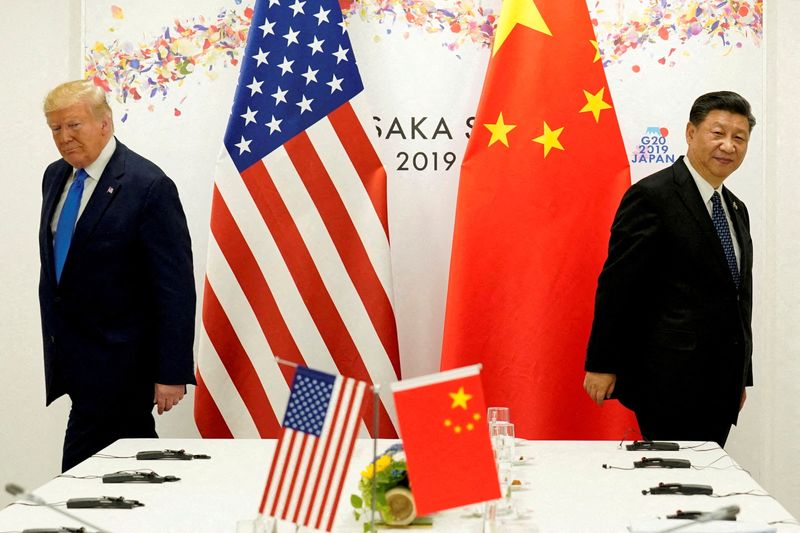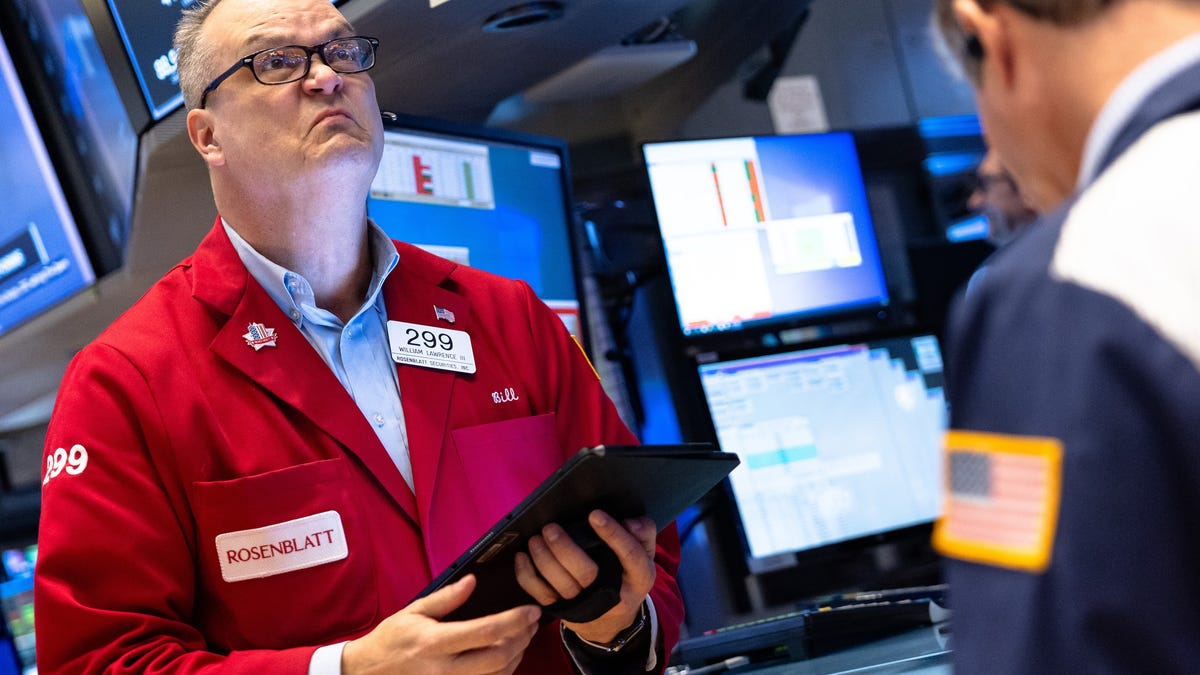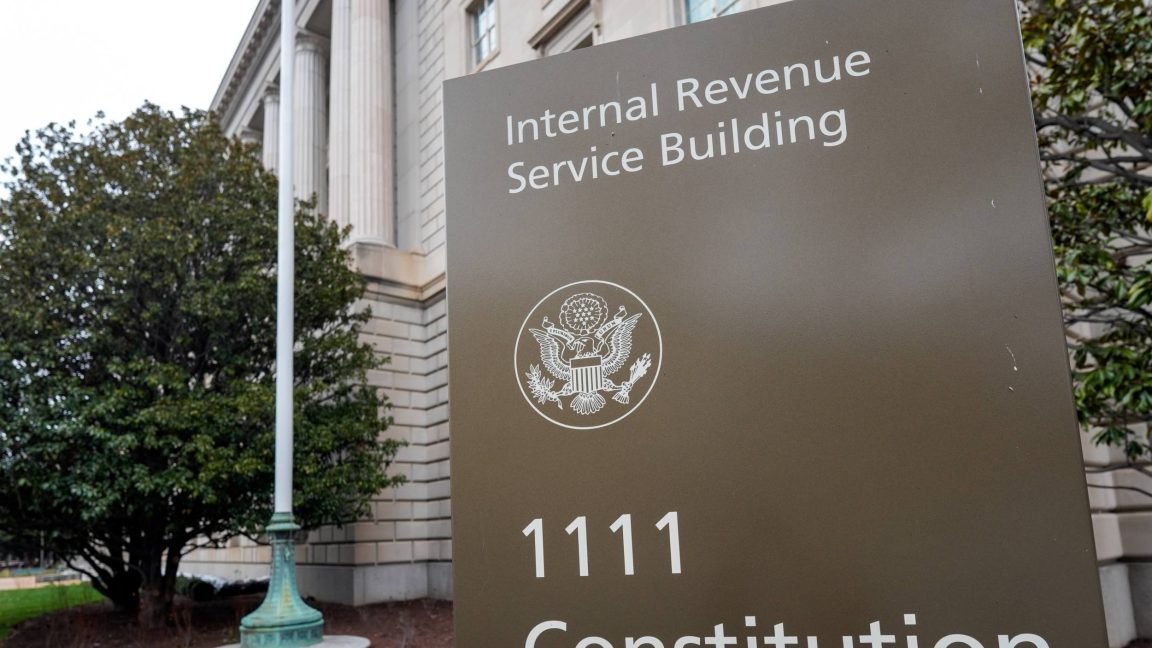As tariffs pummel stock prices, venture investors anxiously wait for the impact on consumer spending
VCs gathered at a summit hosted by Red Sea Ventures to discuss consumer tech investing as President Trump announced his tariff plans.

Around the time that President Donald Trump proudly displayed his master list of tariffs in the White House Rose Garden on Wednesday, a group of founders and investors gathered at the Public Hotel in Manhattan for a summit hosted by Red Sea Ventures on consumer tech.
While many venture firms and operators have abandoned the sector for the higher-margin fields of B2B software and ChatGPT wrappers, New York remains a hub for consumer tech, though the direct-to-consumer goods boom of the 2010s has inevitably given way to AI-enabled apps. Consumer goods as a category haven’t completely vanished—just look at Pepsi’s recent $1.95 billion acquisition of the prebiotic soda brand Poppi—and I was curious whether tariffs would have a more outsized and immediate impact on the sector.
When I’ve asked VCs over the past few months whether the political instability of the Trump administration—from regulatory shifts to tariff threats—is impacting their investing strategy, I’ve typically gotten the same answers: We stay out of politics, or, we think in long-term (think 10-year) time horizons, or, Trump’s bluster is mostly a negotiating tactic and will blow over.
At the summit, I moderated a panel with a heavy-hitter line-up of consumer investors, including Red Sea Ventures, FirstMark, General Catalyst, and Left Lane Capital. The question, given the blaring red stock tickers responding to Trump’s announcement, seemed even more dire. Still, the panelists all continued to echo the similar rhetoric, while acknowledging that import costs could impact some of their physical good-focused portfolio companies.
I was surprised by the muted response. Gathered in the room were companies producing everything from baby formula to pet food to eyeglasses. For startups operating with tight margins and limited runways, any shift in prices can be calamitous.
After the panel, Polina Veksler, the founder and CEO of the inclusive clothing startup Universal Standard, came up to me. She said that her business was getting hammered by the slapdash tariff announcements. In a follow-up email, Veksler told me that she’s spent years finding global manufacturing partners. “The announcement of the new U.S. tariffs now jeopardizes this vital network, our business, and, most importantly, our communities,” she wrote, adding that she’ll have to decide whether to eat the costs or pass them on to customers, potentially costing the company millions of dollars.
On Friday, I caught up with Scott Birnbaum, the founder and managing partner of Red Sea Ventures, who told me his firm has still been grappling with the fallout. While he’s invested in physical goods brands—including Sweetgreen, whose founder recently joined as an investing partner—he said that only a small group of his portfolio companies, like Universal Standard, will be impacted by tariffs directly. Still, he said, that doesn’t include the second-order effects, such as whether specific customer bases will have less money to spend. “We’re focused on product offerings that get to core necessities of life,” he told me, pointing to startups like Range, a wealth management platform.
Even if the ever-optimistic VC class proves right, and the tariff tempest proves to be a passing blip, it has still spoiled the banner year of public offerings and acquisitions that investors dreamed of. Two consumer startup bellwethers, Klarna and StubHub, have reportedly delayed their long-anticipated IPOs.
Filing scoop...One sector that seems to be doing ok? You guessed it: crypto. As the stock market tanked last week, Bitcoin remained relatively stable, though it dropped over the weekend. My colleague Ben Weiss and I dug through recent Securities and Exchange Commission filings to look at the performance of top crypto venture firms, including Polychain, Multicoin, Paradigm, and Haun Ventures. The data is from 2024, so it doesn’t reflect the volatility of the past few months, but it still shows substantial growth in the assets under management for the VCs. You can read it here.
Leo Schwartz
X: @leomschwartz
Email: leo.schwartz@fortune.com
Submit a deal for the Term Sheet newsletter here.
Nina Ajemian curated the deals section of today’s newsletter. Subscribe here.
This story was originally featured on Fortune.com














![How to Find Low-Competition Keywords with Semrush [Super Easy]](https://static.semrush.com/blog/uploads/media/73/62/7362f16fb9e460b6d58ccc09b4a048b6/how-to-find-low-competition-keywords-sm.png)













































































































































































